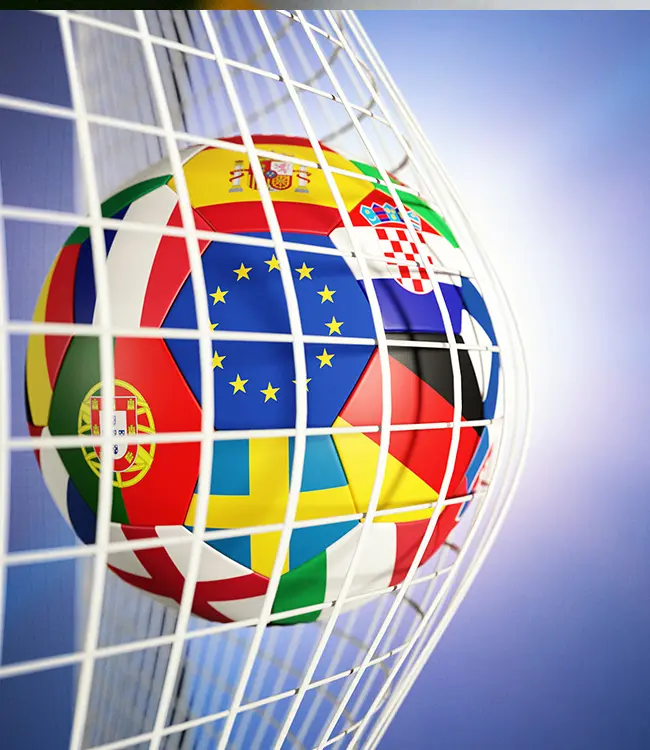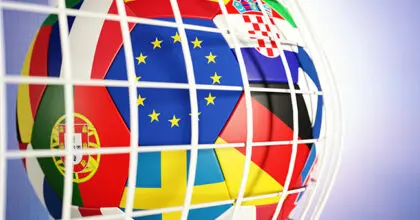Applications of technology to the hotel industry – including artificial intelligence (AI), voice commands and chat bots – are being widely discussed and debated. In an exclusive interview with Mintel freelancer Macy Marvel at this year’s International Hotel Investment Forum (IHIF) held in Berlin in March, Arthur Chapin, Chief Products Officer for Brand Expedia Group, outlined his vision about how technology will transform the hotel sector in the coming years.
Hotels have become the core business of Expedia, generating the great majority of the company’s commissions. For Arthur Chapin, the approach to implementing technological solutions in hotels begins not with examining the various new gadgets, programmes and devices available in the market, but rather a careful analysis of what customer needs are. For him, the focus should be on how to solve customers’ problems, or how to ease their ‘pain points’ in order to make their hotel experiences, from searching and booking to check-out, as seamless as possible. A simple, mundane example would be for hotels to provide bedside phone-charging plugs. Other examples include: online check-in and rooms selection, as well as mobile phone-based room keys. Chapin notes Steve Job’s definition of innovation was all about ‘connecting the dots’, i.e. not some radical departure from current practice, but rather piecing together already existing elements to create something new, but useful.
Replacing the concierge
Arthur Chapin sees potential for harnessing augmented reality to enhance the guest experience. For instance, through an app guests on arrival in a hotel property could use their mobile phones to get a vision of what amenities are available in the neighbourhood, such as sightseeing landmarks, restaurants, or transport links. He sees the possibility of replacing – at least in part – the traditional services of a concierge. Many guests nowadays prefer to avoid human interaction for routine questions and tasks, e.g. checking-in or out or enquiring about where to eat in the vicinity of the hotel, according to Chapin. This is apparently particularly true of millennials. He notes that according to a recent study, 80% of consumers less than 35 years of age don’t seek out human interaction for routine tasks, such as ordering fast-food.
Voice is coming to hotels
Chapin notes that Amazon’s Alexa with its voice interaction capabilities was already launched in 2014. He believes that voice applications will soon be part of the hotel guest experience. For instance, voice commands or questions from guests could be transmitted to hotel staff either via their mobiles devices or a dedicated apparatus in the room. Such a system would also avoid the need for guests to address a human being directly.
A culture of ‘failure acceptance’ is necessary
Regarding investments in technology, Chapin notes that 80% of what a hotel or chain does is likely to fail initially. What is important is to learn from such mistakes, which requires a corporate culture that is accepting of failure as a learning experience. Nevertheless, initial investments must be small scale in financial terms, which allows the hotelier to experiment before making a major commitment to an investment programme. The trick is to identify what works and then to “double-down or triple-down” on that approach, notes Chapin.
Why do Orbitz and Travelocity still exist?
Expedia acquired Orbitz and Travelocity, as well as the Australian platform Wotif, over the last three years or so. Since they all basically offer the same services as the mainstream Expedia site, the question could legitimately be asked as to why they continue to be maintained as separate platforms. According to Chapin, they will continue to exist as separate websites since they each serve distinct customer segments. For instance, Wotif continues to be specialised in domestic travel in Australia. Orbitz also has its own distinct loyalty programme, Orbitz Rewards, which allows customers to earn Orbucks that have a purchasing value of 1 Orbuck = US$1. In addition, those who book on the Orbitz app can get a 5% discount on 200,000+ hotels worldwide.
Macy Marvel is a freelance analyst at Mintel focused on the global hospitality sector. Also a consultant at Opus Hospitality in Geneva and an advisor to Lausanne Hospitality Consulting – a division of Ecole hôtelière de Lausanne, Macy is a frequent presenter at international hospitality and tourism industry conferences.
Mintel Reports Store
Browse Mintel’s holidays and travel market research reports.

































